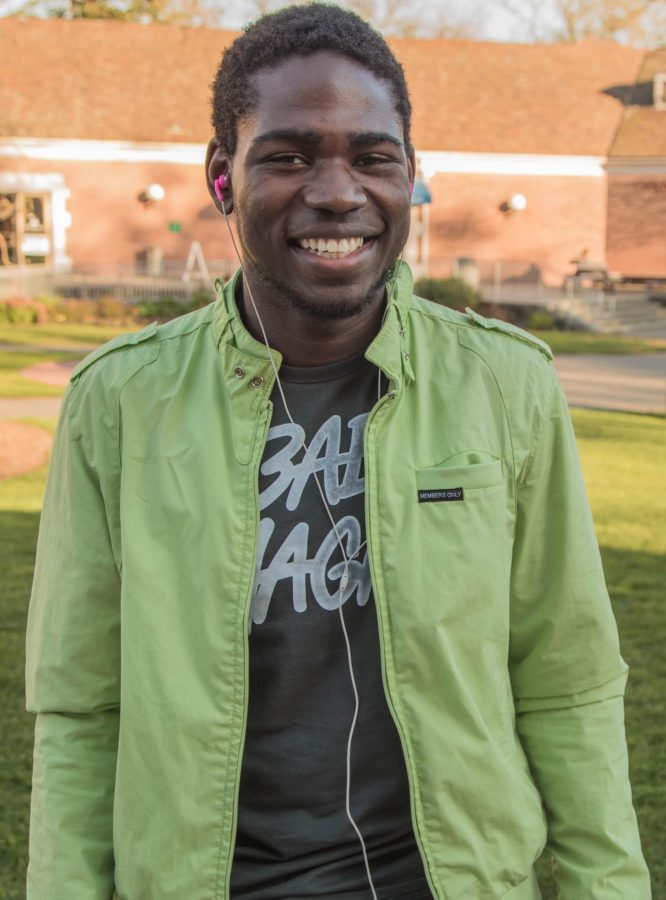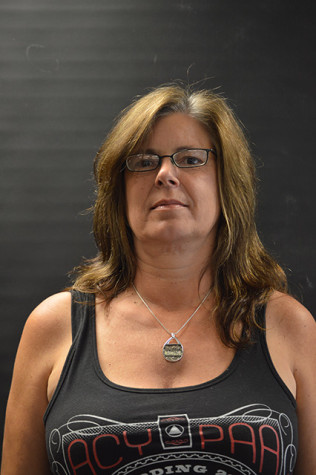The genre of television programming known as “reality TV” is a misnomer, portraying itself as a straightforward recounting of occurring events while making stars out of untalented people and creating offensive shows intended to humiliate or exploit participants.
According to Wikipedia, however, America’s love affair with reality TV includes a staggering 1500 plus TV shows listed in the United States alone, not including the ever-growing sub-categories. Due to cheap production costs and a high demand, these shows are able to deliver instant gratification to their viewers.
Santa Rosa Junior College student, Hira Sadiq, 18, initially said, “Reality TV is bull.” She grudgingly admits, “For a second I was watching ‘Jersey Shore’,” but then quickly added, “for a long time,” showing the dichotomy of not readily wanting to admit dedication to a particular reality TV show. “Their stupidity makes me laugh and it’s a fun drinking game,” Sadiq said.
I have to admit, with my tail between my legs, I have a love-hate relationship with reality TV shows in general, but I find myself checking in on a regular basis with The Learning Channel (TLC). While I stare with disbelief at the hoarders who find dead cats under their own rubbish and astonishment at those struggling with enormous weight on “My 600-lb Life” trying to get down a staircase in their own home, I can’t help but feel like a peeping tom, feeding my morbid curiosity.
As the reality TV industry dishes out mores shows, TV junkies of every kind meet in one place to get their daily fix. For example, I’m an addict hooked on watching other addicts trying to recover on “Intervention,” which I religiously watch, caught like prey in a spider’s web.
“The Real Housewives of Orange County” with all that plastic surgery floating around is unreal, literally, and “Botched,” a show about plastic surgery gone wrong seriously pushes the envelope. Another show that makes me cringe is “Toddlers and Tiaras”, where toddlers are paraded around on stage and dressed up to look like grown ups, make-up and all. Come on, a child beauty pageant for pre-pubescent little girls, it doesn’t get more disgusting and creepy than that.
The upside to all of this is that what we watch can tell us a lot about ourselves. Our fears, desires, obsessions and dreams are depicted in Reality TV shows and there is literally something for everyone. What we watch can tell us a lot about our own state of mind and that there is a lighter side to all of this darkness.
SRJC student, Ahkeem Sanusi, 20, loves to watch “The Voice” because he feels it has substance and urges caution to others to not let reality TV affect their morals or mind set in a negative way. “Reality TV is not actually as real as they tout it to be. But if it’s entertainment that you’re looking for, why not go for it?” Ahkeem said.
Is this contributing to our moral decay so long as free expression ideology remains dominant? Is this genre becoming more destructive and getting even worse as the producers raise the stakes for cheap and vulgar thrills?
SRJC Introduction to Mass Communications instructor, Tony Kashani, and co- author of “Lost in Media,” believes the more appropriate term for this genre should be “staged reality TV,” relying on sensationalism and shock value to drive the ratings up.
“What we are witnessing is a deterioration of culture. These programs cast some of the most underdeveloped people in our society who are willing to do anything to be on TV and achieve fame. The result is a perpetuation of a culture of humiliation for entertainment, a normalization of vulgarity and of soft pornography in the wider culture,” Kashani said.
Obviously, not all reality TV is bad so make peace with yourself if you choose to indulge. We are not evil, but merely human. But watching tabloid TV trying to keep up with the Kardashian clan puts us at risk of wanting to live vicariously through the lives of others. We become obsessed, ending up as voyeurs even against our better judgment.




